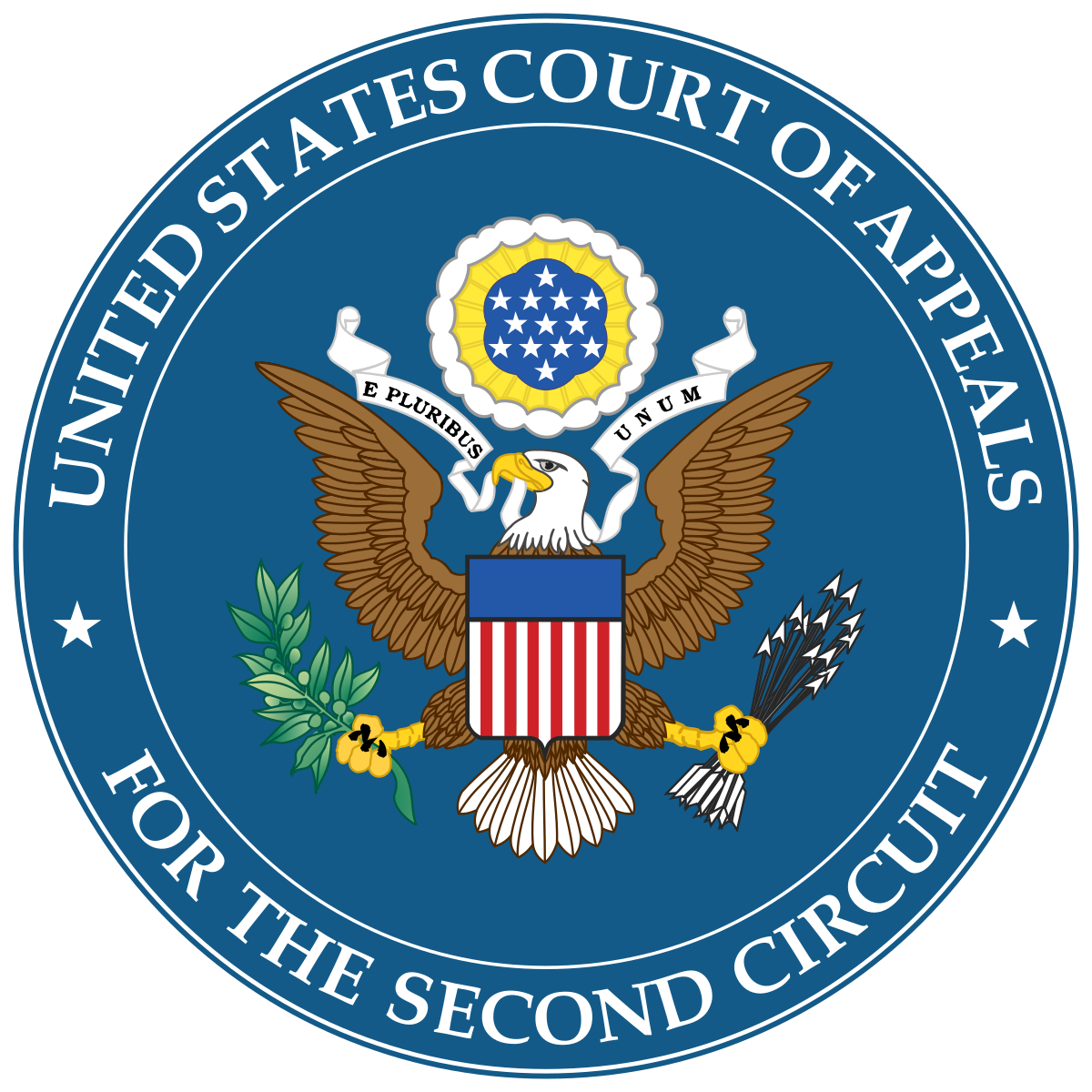Originally published on Forbes.com.
Steven Greenfield who has been pleading the fifth amendment in relation to accounts in Liechtenstein will not be having to turn over documents from 2001 that he may or may not have thanks to a decision of the Second Circuit. The court noted that tax evasion from using off-shore accounts is a very bad thing.
A remarkable amount of American wealth is held offshore, often in an effort to evade taxation. One recent study estimated that $1.2 trillion—some four percent of this nation’s wealth—is held offshore and that this results in an annual loss in tax revenue of $35 billion. Gabriel Zucman, The Hidden Wealth of Nations: The Scourge of Tax Havens 53 (Teresa Lavender Fagan trans., 2015). Such lost income diminishes the Treasury and exacerbates problems of inequality since, generally, only the wealthiest of individuals can take advantage of foreign tax havens.
Fifth Amendment
But this is America and we have a Fifth Amendment.
The need to curtail tax evasion, however pressing, nevertheless cannot warrant the erosion of protections that the Constitution gives to all individuals, including those suspected of hiding assets offshore. In the present case, Steven Greenfield was implicated in tax evasion as a result of a document leak from a Liechtenstein financial institution.
The decision is rather lawyerly. The Fifth Amendment reads, in part, that no person “shall be compelled in any criminal case to be a witness against himself”. Turning over documents is not being a witness against yourself, but only if it is a “foregone conclusion” that the documents existed, were in your possession and could be authenticated.
How Forgone Is The Conclusion?
In Greenfield’s case, the “foregone conclusion” requirement applies both to 2001 when the documents would first have been in his possession and 2013 when they were summoned. The Government did not meet the pretty heavy burden of proving “the foregone conclusion”.
First, we find that, for all but a small subset of the documents covered by the District Court’s order, the Government has not demonstrated that it is a foregone conclusion that the documents existed, were in Greenfield’s control, and were authentic even in 2001. Second, we find that the Government has failed to present any evidence that it was a foregone conclusion that any of the documents subject to the summons remained in Greenfield’s control through 2013 , when the summons was issued. Accordingly, because the Government has not made the showing that is necessary to render Greenfield’s production of the documents non-testimonial and, hence, exempt from Fifth Amendment challenge, we vacate the District Court’s order and remand.
Been Going On For A While
This story goes back to 2008. The Wall Street Journal ran a story on a Senate probe that indicated that offshore tax evasion costs the US about $100 billion per year. Steven Greenfield had been called to testify but refused on Fifth Amendment grounds.
Harvey and Steven Greenfield are a father and son who live in New York. Harvey is the chairman and CEO of Commonwealth Toy and Novelty Co., which manufactures stuffed dolls and animals. Steven served as president of Commonwealth Toy for 15 years. LGT private bankers, including Prince Philipp of Liechtenstein, met with Mr. Greenfield and his father to pitch the transfer of $30 million from Bank of Bermuda to LGT. The Greenfields are currently in negotiation with the IRS and the Department of Justice over tax liability issues related to Liechtenstein.
It appears that Commonwealth is continuing to prosper. If you want your Angry Birds in a tangible form, they are the folks to see.
The Senate hearings included video evidence from Heinrich Kieber, a former employee of LGT, the private bank of Liechtenstein’s royal family.
That was 2008 and, as I check my watch, this is 2016, so you can imagine how long it will take for the implications of the Panama Papers to play out.
Other Coverage
As I expected Jack Townsend was all over this decision stepping through it in some detail. Law360 has something as does the Journal of Accountancy and Courthouse News Service. I can’t fault the legal analysis in any of those pieces, but I can’t help but point out that I’m the only one to make an Angry Birds connection.































































































